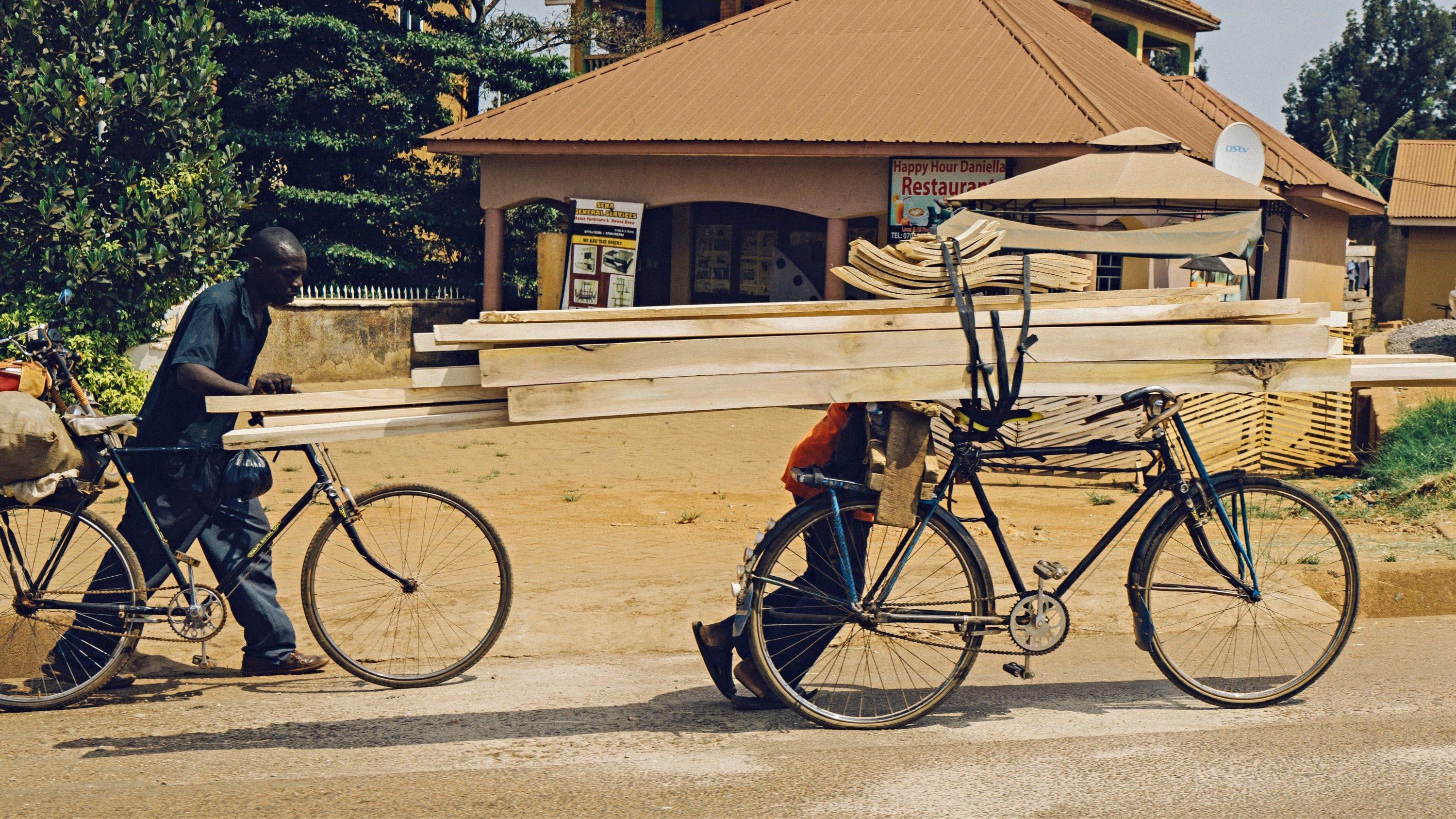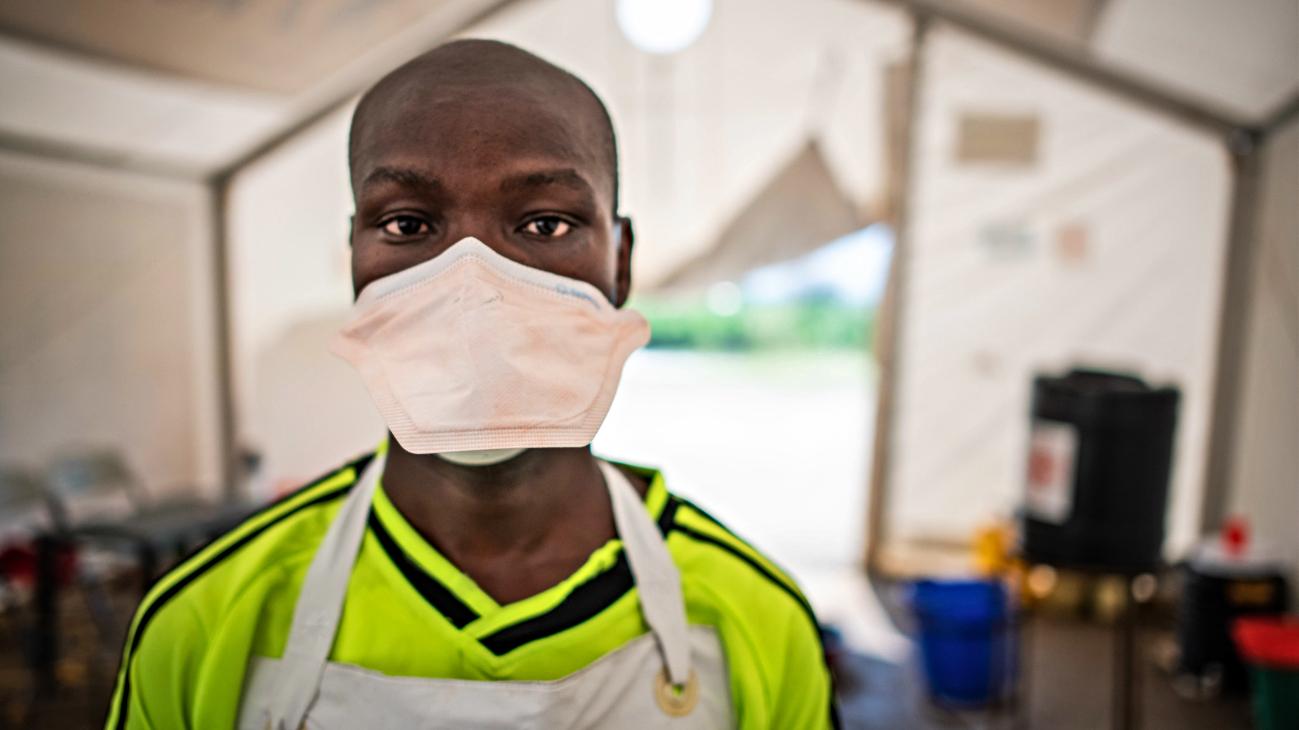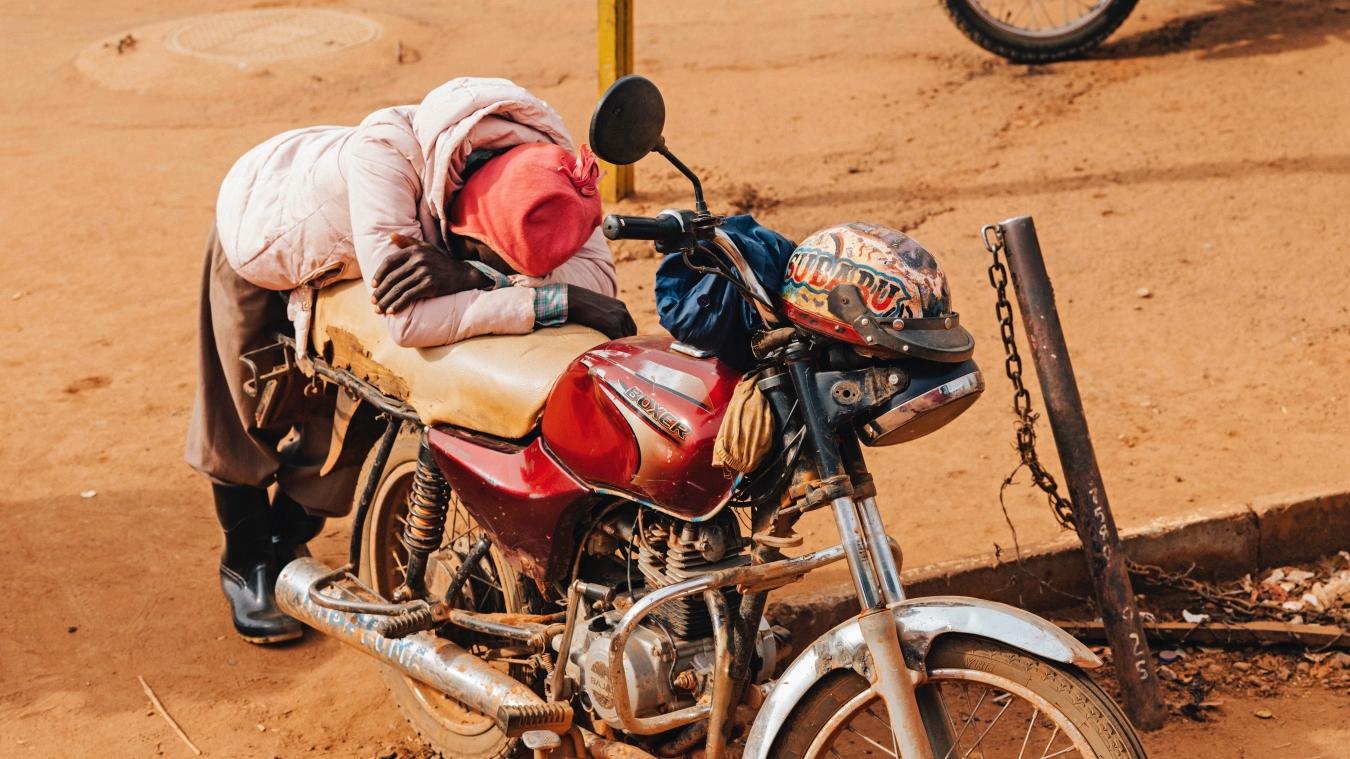The banning of religious congregations in Uganda, to prevent the spread of the Covid-19 pandemic, has isolated people from the institutions needed most in times of insecurity. Crucial in affecting public opinion on a health crisis, religions nonetheless remain a key communicator of government directives, able to counter fake news and misinformation. Journalists from Uganda report on these developments.
This post is part of a series exploring the effects and experiences of Covid-19 containment in Uganda.
In one of his regular addresses to the nation on Covid-19, on 18 March 2020, Uganda’s President Yoweri Museveni hailed religious leaders for complying with his directive to stop congregations. Top clerics of the different denominations had issued the measures, banning such Church and Mosque gatherings across the country for a month.
Bishop Charles Collins Andaku, of Ma’di and West Nile diocese, wrote a pastoral shortly after the president’s directive:
‘I call for this season to be a season of prayer and fasting for our people and our land, when the Lord shows you areas you need to repent personally, please do.’
‘When we have a state of emergency, we also need prayers of emergency, don’t forget to sing about God’s faithfulness in your homes and communities.’
The Anglican diocese, comprising eight districts in the north western region of Uganda, moved fast to reach its rural communities in the archdeaconries of Obongi, Oyibu and Rhino Camp. These communities are arguably the least beneficiaries of government services.
Through their department of health, these rural communities were provided with health messages through posters and hand washing buckets. Such frantic action was a trend across the region, across religious divides.
In the district Kadhi of Arua, sheik Abu Jaffar Shaban said:
‘To be honest it was not easy because people are not used to these circumstances, people are used to congregations and as Muslims we meet daily.’
‘So, when it was announced, people didn’t accept the directive in the first week but we kept on explaining to them over the radios and other platforms.’
Similar messages of compliance with the presidential directives from other religious leaders across the country quickly followed suit. These are the contributions the President would later openly applaud.
Government programmes need religions’ support
In Uganda, where religion is deep-rooted, it can be difficult for government projects and programmes to succeed if messages differ from the wider religious beliefs of the major denominations. Because the situation created by Covid-19 has not been seen before, at least in the country’s recent history, the role of religious institutions to calm the fears of panicking Ugandans and offer hope in the face of an unknown disease has been vital.
On Palm Sunday Bishop Ochan Odoki of Arua Catholic diocese proclaimed over Radio Pacis:
‘In all these things we are more than conquerors through Him who loved us, for I am sure that neither death nor life nor angels nor principalities nor things present, nor things to come, nor powers nor height, nor death nor anything else in all creation will be able to separate us from the love of God through Christ Jesus.’
During his 11am (EST) homily Bishop Odoki said the quoted text from the Bible book of Romans was important during the time of the Covid-19 pandemic, because many people were despairing despite God’s assurance to His faithful that they would not be abandoned.
Similar to his Anglican counterpart, Bishop Odoki asked Christians to use ‘this time of coronavirus pandemic to build a strong connection to God in prayer and build a strong relation with one another in the family.’
Affecting public opinion on the airwaves
The religious leaders’ radio ministry became the single most important medium for communication to the West Nile region, which lacks a single television station and is faced with perpetual electricity interruptions.
Radio Pacis, which has frequencies across the whole of northern Uganda, is owned by the Catholic Church. The Voice of Life station, not directly under the Church, is lenient towards use by the Anglican and Pentecostal churches. Non-denominational radio stations Acess and Arua One FM have offered air time to Muslim leaders to communicate with their faithful.
More FM radio stations in other districts across the region have offered programming in different local languages, providing a platform for the majority of religious leaders.
When we have a state of emergency, we also need prayers of emergency
But how do these religious leaders explain the occurrence of a disease that has claimed over a hundred thousand lives across the world to their local audiences? Is this a curse or did people do something drastically wrong to God?
‘The first thing is Allah must be very annoyed with us because the world cannot be punished without a crime, so it’s a punishment,’ said sheik Shaban.
‘The most important thing is let’s accept that the controller of the universe is in charge, you call him God I call him Allah and if He says yes, no one will say no, so let’s repent and come closer to the creator,’ responded the district Kadhi when asked how such a unique yet devastating occurrence could be explained.
Other religious leaders are often heard relating the pandemic to Bible stories of plagues, fire and water destruction caused by human sin.
Religious leaders struggle for financial stability
Such convictions by religious leaders hold weight on public opinion, crucial in tackling the coronavirus among the population in an era where misinformation and fake news readily finds its way into the remotest of communities. But despite the determination to reach out to their followers, a key concern is how religious institutions keep economically afloat in the face of the countrywide lockdown.
‘Currently it is a very difficult situation and it will get worse in the long run because almost 90% of church activities in the diocese depend on Church offertory and other givings,’ said Mr Godfrey Nasser, the diocesan secretary for the Madi and West Nile diocese.
He continued, ’I know the new archbishop has encouraged every diocese to set up income generating activities, but we as a diocese are not yet there and our prayer is that this must be an eye opener to see that there has to be alternatives.’
He said the diocese was in the meantime using their ‘little savings’ to cater for the welfare of clergy who had been the hardest hit, but he lamented that it would not take long before these funds were exhausted.
Nasser said some of the ‘faithful’ families were also sending in their offertories after family prayers, which he said should be encouraged across the diocese to keep afloat the income base.
At the Agape Christian Fellowship, a Pentecostal church in Arua town, a less worrying picture is painted by Pastor Sam Feta when asked about the economic impact of Covid-19:
‘Our people have continued to give, they know our account numbers and they offer their offerings and tithe as usual and apart from that, throughout the Bible when there is a crisis, God knows how to take care of his people.’
His only worry was for Churches currently occupying rented spaces, saying it will be difficult to continue operating them after the coronavirus ‘storm’ is over.
At the Christ the King Catholic church in Arua town, four labelled boxes have been placed at the compound to collect offertory, tithe and money for a car project for the local community. The Parish priest Rev Fr Pious Yobuta says they encourage parishioners to pass by and drop off their offertory, admitting they are the strength of the Church.
‘We cannot yet assess the impact of all this but those boxes will be there during all this time, the Christians are aware about them,’ he says.
There is no ‘one size fits all’ answer for Uganda’s religious institutions during this period, and every church is devising its own method to get much-needed funding during the lockdown to run their projects depending on community dynamics.
Religious leaders announced on Palm Sunday rigorous programmes during the important Holy week of the Christian Calendar, which the faithful followed on social media and local radio stations. However, some of the activities that usually gather congregations in their thousands, such as the Way of the Cross in late April, have been cancelled. These are major changes to people’s way of life in Uganda, and the same institutions leading on messages of disruption are those relied on for continuity and support.
Photo: Bishop Christopher Senyonjo, Church of Uganda. Credit: Center for American Progress. Licensed under creative commons (CC BY-ND 2.0).






The CHURCH must join the Government’s efforts to curb-down the threat posed by Covidvirus. It can participate much like the Doctors and FRONT LINERs do for those afflicted, and lead in the distribution of aid to the needy. It must install the necessary precautions and safety measures in its premises WHILE MAINTAINING THE SERVICES EXPECTED FROM THEM (much like Doctors, Nurses & Front liners do): provide Mass, Communion, Confession, priest to perform Extreme Unction rights, counsel, and the GRANTS, AIDS and other forms of assistance.
What about Lighthouse Television? I believe its in Kampala?